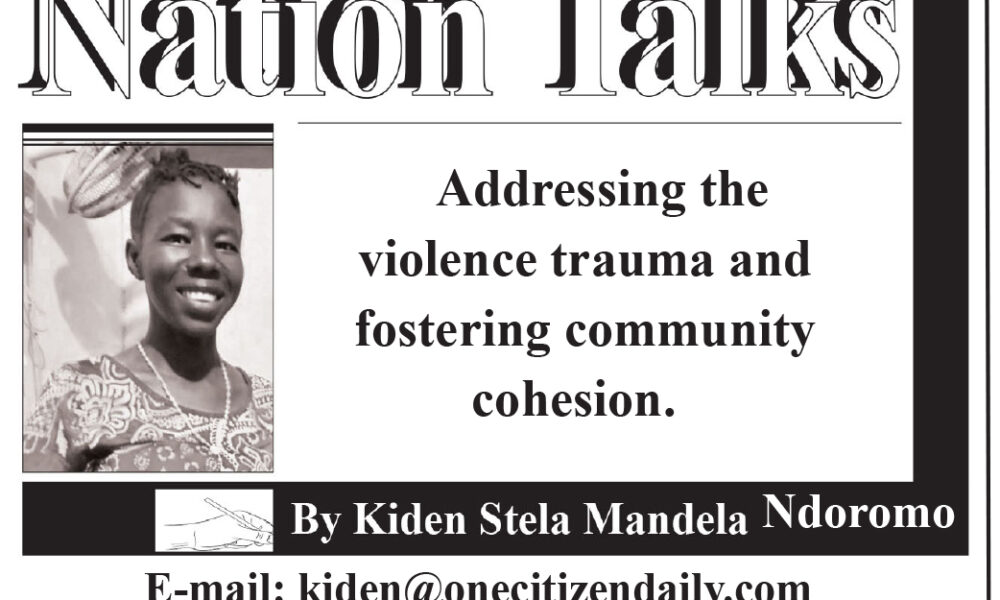The civil war of 2013 devastated lives, property, and homesteads. Many lost loved ones, and countless others were scattered, seeking refuge. The conflict spawned Internal Displaced Persons (IDPs) within the country and created a massive refugee crisis in neighboring nations (Sudan, Ethiopia, Kenya, Uganda, DRC). The IDPs remain sheltered in UNMISS (United Nations Mission in South Sudan) camps because their safety and security are threatened their homes are either destroyed or occupied.
The environment, once hostile, offered a glimmer of hope when the warring parties, whose interests had led to violence, finally reached a peace agreement. This settlement brought faint optimism to South Sudanese, including IDPs and refugees, that conditions would stabilize enough for some to return home. However, the peace agreement has consistently lacked the political energy needed for robust implementation, causing significant delays and missing crucial deadlines. This slow pace fuels anxiety and deep-seated skepticism among IDPs, making them hesitant to leave the relative safety of the camps.
The peace implementation efforts have done little to genuinely persuade IDPs to return. They are still burdened by the trauma and fatigue witnessed during the war. Furthermore, a significant obstacle is that many of their homes and houses are occupied by individuals who wield power and guns. This leaves IDPs in a vulnerable bind, with nowhere to go and no means to reclaim their property. Worryingly, the revitalized government has not exerted sufficient effort to ensure that those who illegally occupied the homes of IDPs, particularly in Juba, vacate them.
Compounding this issue, the living environments in the states of origin remain precarious. Communal conflicts continue to devastate lives and drive new displacements, proving the wider environment is neither secure nor conducive for return.
The recent visit by Pope Francis instilled a measure of hope and urged both IDPs to stay in peace and the country’s top leaders to uphold it.
However, a recent statement from the President’s office calling on the government of Central Equatoria State to merely allocate new plots to IDPs appears detached from the realities that created the IDP crisis in the first place. IDPs are in camps not because they lack land plots; they are there because their lives were, and still feel, threatened.
The top office must address the root causes of displacement, not its symptoms. To build the trust needed for IDPs to return, the government must prioritize:
Establishing genuine and verifiable security across all states to mitigate communal conflicts, Restitution of Property: Ensuring that occupied houses and homes are swiftly returned to their rightful owners. This is a fundamental step in building trust and demonstrating commitment to the rule of law.
If the Central Equatoria State government allocates new plots, but peace and security are not fundamentally upheld, the chances are high that IDPs may still retreat back to camps, and those new plots could, once again, be illegally occupied by land grabbers. Security, stability, and the return of property are the true conditions for IDPs to finally trust the environment and return home.
God Protect South Sudan
Be the spectator




